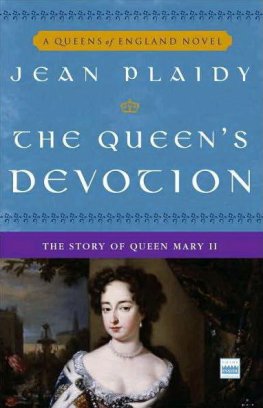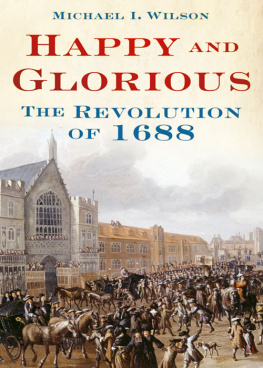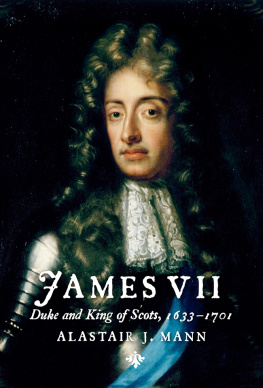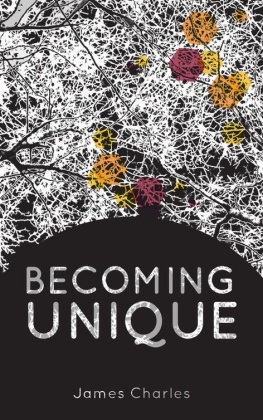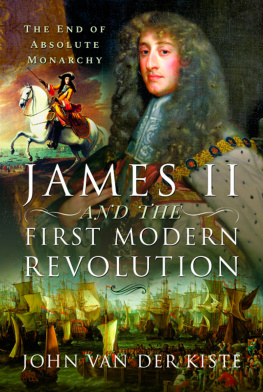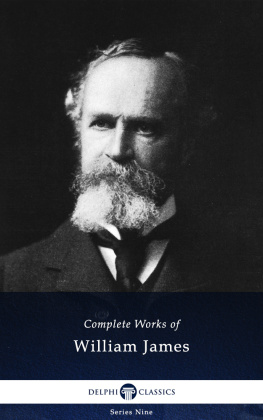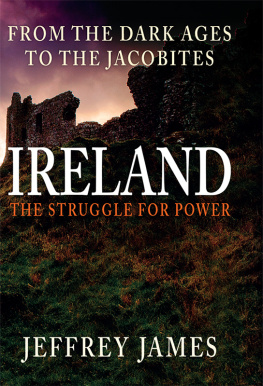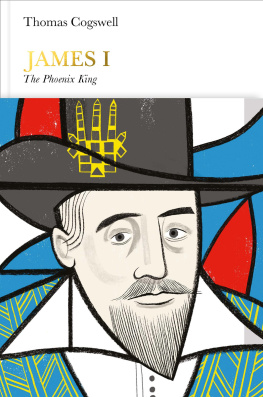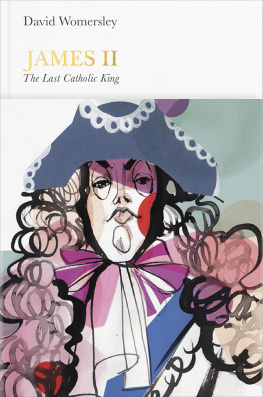First published 2002 by Pearson Education Limited
Published 2013 by Routledge
2 Park Square, Milton Park, Abingdon, Oxon OX14 4RN
711 Third Avenue, New York, NY 10017, USA
Routledge is an imprint of the Taylor & Francis Group, an informa business
Copyright 2002 Taylor & Francis
The right of W.A. Speck to be identified as Author of this Work has been asserted by him in accordance with the Copyright, Designs and Patents Act 1988.
ISBN-13: 978-0-582-28712-9 (pbk)
British Library Cataloguing in Publication Data
A CIP catalogue record for this book can be obtained from the British Library
Library of Congress Cataloging in Publication Data
A CIP catalog record for this book can be obtained from the
Library of Congress
All rights reserved. No part of this book may be reprinted or reproduced or utilised in any form or by any electronic, mechanical, or other means, now known or hereafter invented, including photocopying and recording, or in any information storage or retrieval system, without permission in writing from the publishers.
Notices
Knowledge and best practice in this field are constantly changing. As new research and experience broaden our understanding, changes in research methods, professional practices, or medical treatment may become necessary.
Practitioners and researchers must always rely on their own experience and knowledge in evaluating and using any information, methods, compounds, or experiments described herein. In using such information or methods they should be mindful of their own safety and the safety of others, including parties for whom they have a professional responsibility.
To the fullest extent of the law, neither the Publisher nor the authors, contributors, or editors, assume any liability for any injury and/or damage to persons or property as a matter of products liability, negligence or otherwise, or from any use or operation of any methods, products, instructions, or ideas contained in the material herein.
I received the invitation to contribute this volume to Profiles in Power from the General Editor, Professor Keith Robbins, and from Mr Andrew MacLennan, at the time Editorial Director of the Academic Department in Longman Higher Education. I wish to thank them both for extending it to me. Andrew has now, alas, retired from Messrs Longman, subsequently to its becoming an imprint of Pearson Education. He once characteristically expressed the wish to see the book before I finally hang up my clogs! I regret that I was unable to complete it in time, and apologise to him and to Keith for having to extend the date for delivery beyond the original deadline. The latters forbearance, and that of Heather McCallum, Andrews successor as Editor-in-Chief at Pearson Education, in agreeing to delays was greatly appreciated.
I had thought that taking early retirement from Leeds University in 1997 would free me to devote more than enough time to complete the book on schedule. However, I have found myself distracted by developments I did not envisage when I signed the contract. One was to be elected to the presidency of the Historical Association for three years in 1999. While I am very grateful for this honour, and enjoy the commitments it requires me to undertake, these have involved considerable travel visiting local branches of the Association to give lectures. I would like to think that those I gave on the Glorious Revolution clarified my thinking on the reign of fames II, and helped to improve this book. Another unexpected interruption to my schedule was my appointment to a Visiting Professorship at the Carlisle campus of the University of Northumbria in September 2000. Again, while I am delighted to thank my new colleagues for their generous gesture, it involved a move from Yorkshire to Cumbria which unsettled me for longer than I had anticipated. I have now settled down in Carlisle, and benefit greatly from the facilities offered by my new institution, which have been of enormous help to me in the final stages of preparing this book for publication.
Help has also been forthcoming from others. My friend and former colleague at Leeds, David Parker, invited me to contribute an essay on 1688 to a collection of essays which he edited, Revolutions and the Revolutionary Tradition in the West (2000). The seminar which he organised at the University of Birmingham, which other contributors to the volume attended, was a stimulating exchange of views, which deepened my knowledge of the significance of the Glorious Revolution. John Morrill and Tim Wales helped to consolidate my ideas about James II, with their incisive comments on a brief life of the king I submitted to the forthcoming new Dictionary of National Biography. Andrew Barclay, whose Cambridge PhD thesis on Jamess household has thrown fresh light on his reign, kindly allowed me to read ahead of publication an article which summarises his main conclusions: James IIs Catholic court. Mary Geiter discussed James with me on countless occasions. She contributed William Penn to this series of Profiles in Power, and her unique appreciation of Penns role in the events of the reign has greatly assisted my own understanding of them. Mary tried to keep me on the right lines. If I have nevertheless gone off them, then I have only myself to blame.
Carlisle, June 2001


